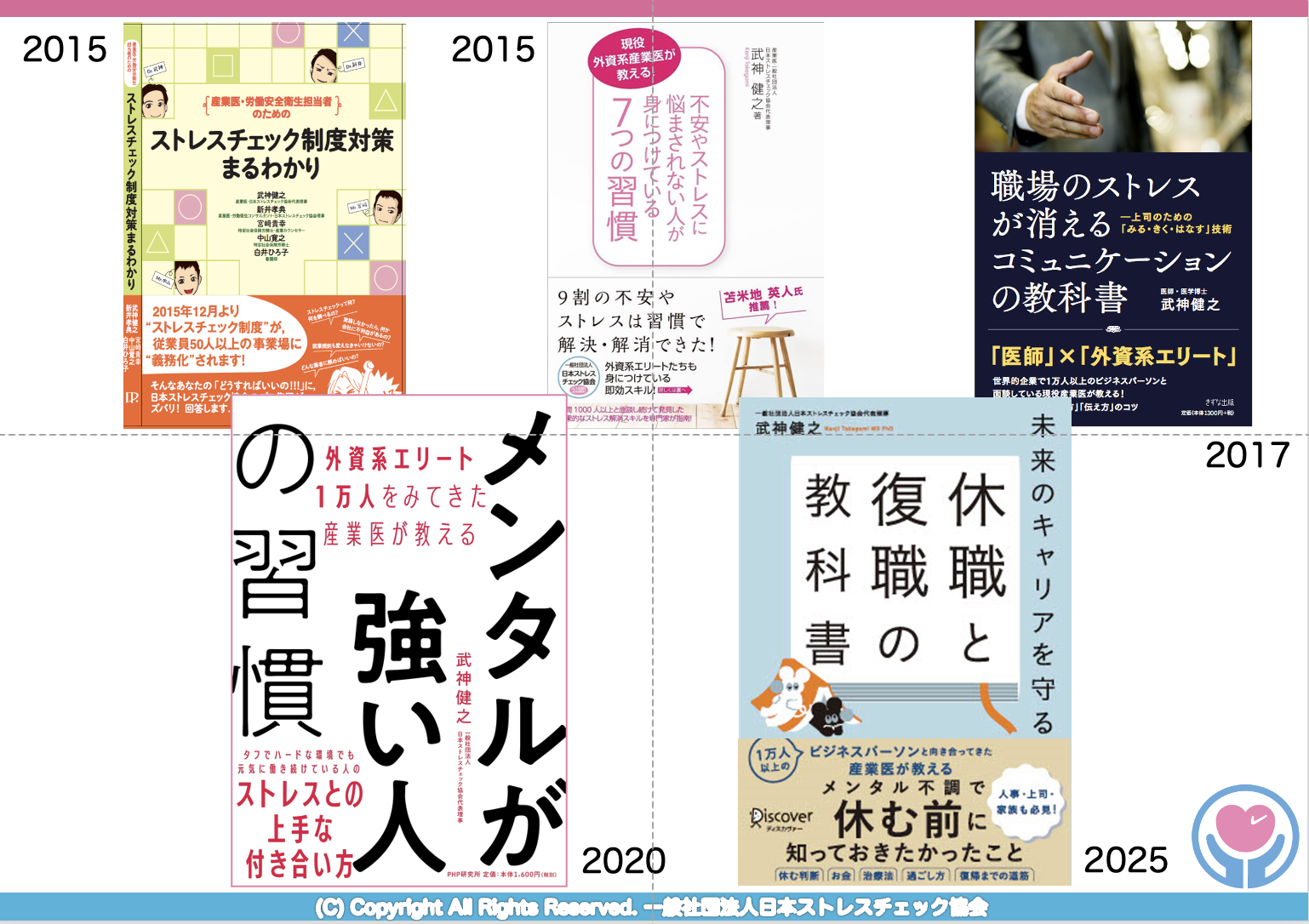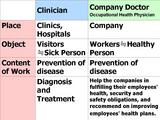In many cases it is extremely difficult to differentiate between the symptoms of occupational and non-occupational disease.
In general, the industrial hygienist, by pointing out the work operations and their associated hazards, enables the physician to correlate the employee’s condition and complaints with the known potential job health hazards.
The physician uses the information provided by the industrial hygienist on the hazards present in the industrial environment to:
Determine employee response to the work environment;
Correlate employee complaints with potential hazards areas;
Undertake special biochemical tests to determine if normal bodily functions have been impaired;
Provide the employee medical guidance on general health problems in relation to the physical requirements of the job;
Through physical examinations, select workers for job assignments where pre-existing conditions will not be aggravated nor will the worker’s presence endanger the health and safety of others.
Company doctor work for the benefits of both employees and managers;
For your better performance…
Safe and comfortable workplace.
Mental and physical health management.
Interview (consultation): job replacement, absence from work and reinstatement.
Company doctor work for the benefits of the managers;
For your team’s (subordinates / employees) better performance…
Mental health of their subordinates / employees.
Correspondence to a person of his/her job replacement, absence from work and reinstatement.
Company doctor recommends the company on improving employees’ health plans.


